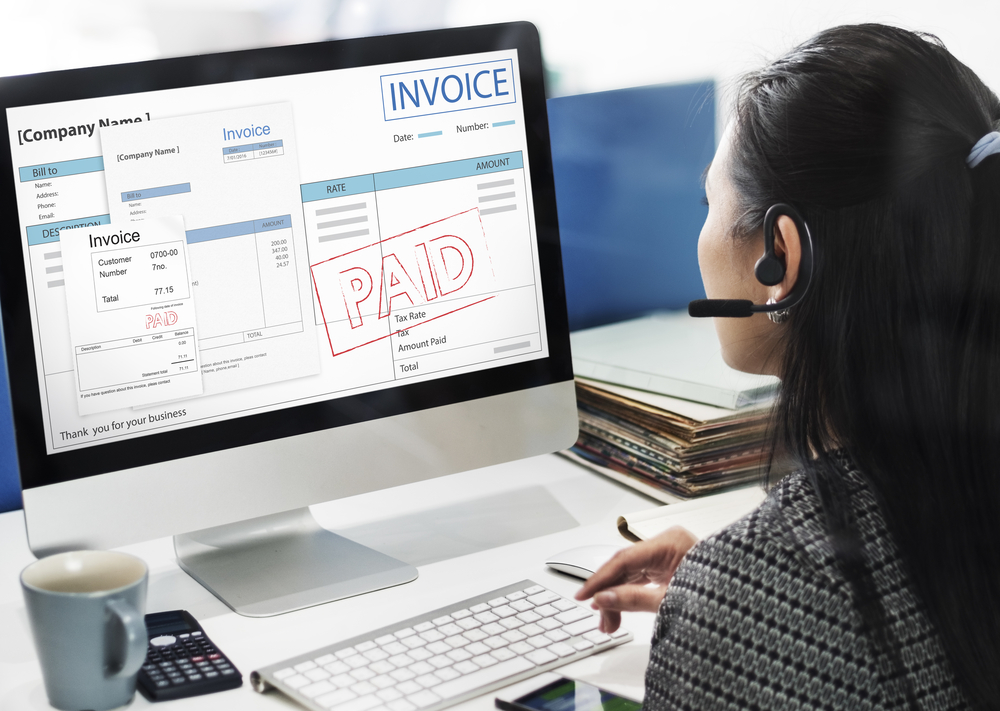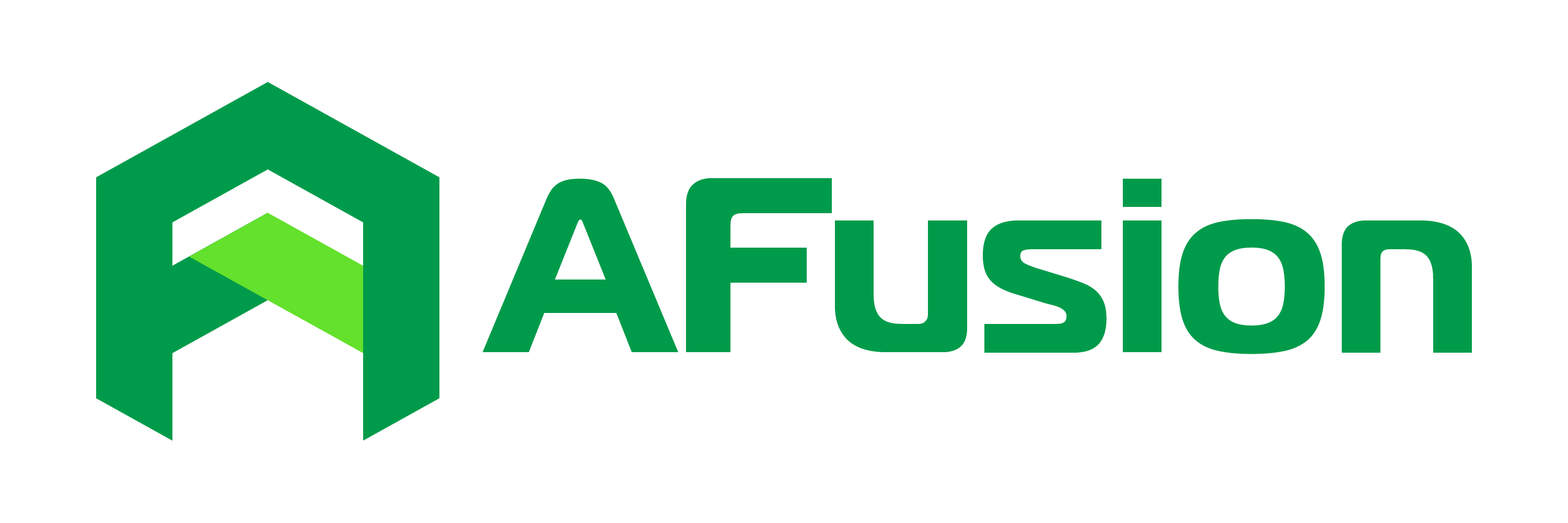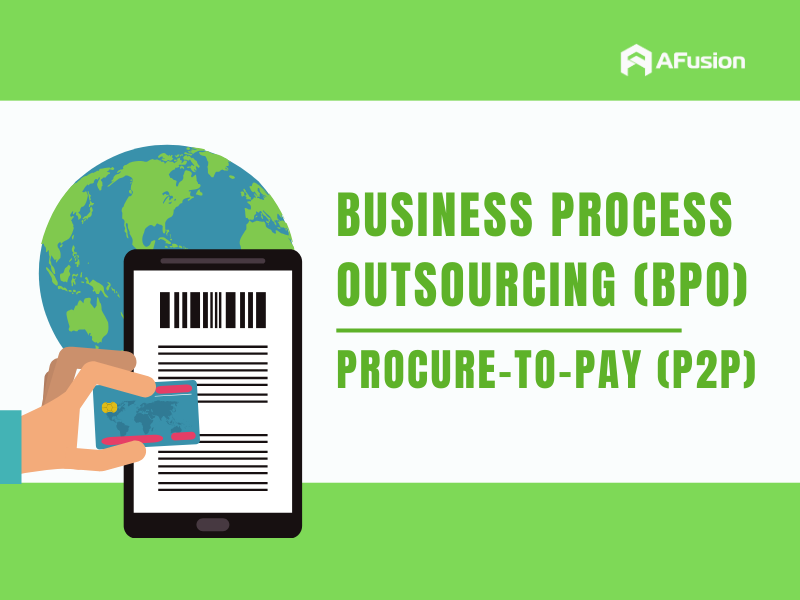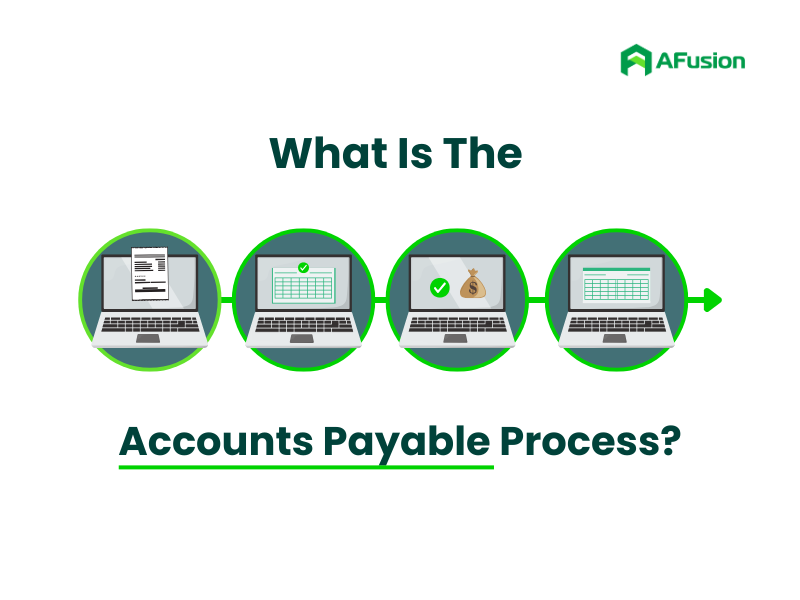Resources > Blog > 28> 5 Reasons Why Customers Delay Late Invoice Payments and How We Can Address Them
5 Reasons Why Customers Delay Late Invoice Payments and How We Can Address Them
Imagine this: You are a salesperson who sends an invoice to a customer at the beginning of the month, but by the end of the month, you have not received any response or payment. What is the cause of this problem? In fact, there are many reasons from many different aspects that cause customers to be late in paying that you cannot know all of. In the article below, we will give 5 main reasons why customers are late in paying and suggest some solutions to this problem!

Why Do Customers Often Delay Payments?
There are many reasons for late invoice payment. Here are five common causes:
1. Errors in Invoices
When a business’s accounting department still operates manually, errors in invoices are inevitable. The accounts payable department often has many tasks to perform, so it cannot always prioritize closely monitoring and editing data in invoices. This is the biggest reason why customers are late in paying.
For example, if the number of purchase orders is less than the purchase order, the order information does not match, the product code is wrong, the product quantity, price… are different, these invoices will be delayed. At this time, the accounting department will have to recheck a lot of information and edit it correctly. This process is very time-consuming and slows down the payment process.
To avoid invoice errors, businesses need to build a modern AP process, capable of checking and approving invoices accurately before they are sent. AP automation solution is an optimal solution to solve invoice errors by extracting standard data and eliminating duplicate data.
2. Lost Invoices
A business will have a lot of invoices to process in a day. Therefore, invoices will easily be lost or misplaced when sending invoices manually, just need the employee to type a wrong email character or type the wrong recipient address.
These errors, when discovered, will cost effort and time to send again, and if not discovered, the business will not only bear the consequences of late fees but also lose revenue.
Most problems of lost invoices are caused by human error. This is also unavoidable. Therefore, applying automation to the operating process will reduce human intervention, data entry information will be more accurate and invoices will be sent to the correct recipient, correct address. The payment process will be smooth, invoices will not be lost and there will be no late payment.
3. Payment Disputes
Cost issues are often more sensitive than other issues. When there are disagreements about invoice terms or additional charges, payment disputes will arise. These conflicts not only cause late payment, affecting the business’s cash flow, but also damage reputation and lose customer relationships.
Currently, many companies still issue invoices manually in batches, leading to errors and creating unnecessary disputes with customers. As a result, loyal customers are reduced.
An effective solution to this problem is to automate the invoicing and payment process. Invoice correctly according to the purchase order and only charge for the actual quantity and type of items shipped. Clarity and accuracy will minimize disputes, increase business reputation and build good relationships with customers.
4. Financial Difficulties or Unstable Cash Flow
Another reason why customers are late in paying that is difficult for businesses to control is when customers encounter financial problems. Customers may request an extension of payment time when they are unable to pay at that time. This is a fairly common cause when the financial market has many fluctuations.
Extending payment can be an immediate solution for them to maintain cash flow. However, late payment is a challenge for the supplier when they have to bear the late payment costs.
As presented, this is a common cause but difficult to control. However, businesses can reduce this situation by being more flexible in managing payment terms. Adjust payment methods, provide multiple payment methods, and divide payment terms to reduce pressure on customers while still ensuring on-time payment or not affecting the supplier.
5. Accounts Payable Processes
The accounts payable (AP) process can be affected by how your customer’s finance department is organized and handled. For example, if your customer only issues checks (“Issuing a check” means creating and issuing a check, in which a bank promises to pay a certain amount to the payee when they present the check) on a fixed date each month, you may have to wait two to three weeks after the invoice due date to receive payment.
It can be difficult to ask your customer to change their payment cycle to match their supplier. However, implementing AP automation can still help reduce payment times. The variety of automated payment methods such as credit cards, bank transfers, or ACH makes it easier for customers to process payments quickly, especially for frequent transactions or recurring charges, increasing flexibility and saving time for both parties.
Improving Late Invoice Payment Delays with AFusion's Automation Solution

Late payments often stem from the five main causes listed above: lost invoices, invoice errors, customers facing financial difficulties, suboptimal AP processes, and payment disputes. AFusion can help businesses solve each of the following problems:
Invoice errors: AFusion’s automation solution uses intelligent document processing (IDP) technology to automatically extract and compare data, reducing data entry errors and ensuring accuracy of more than 90%.
Lost invoices: Our system automatically receives and stores electronic invoices, eliminating the risk of lost and misplaced invoices.
Payment disputes: We provide a comprehensive tracking system that tracks and compares invoices with orders, helping to quickly detect discrepancies and make corrections.
Financial and cash flow difficulties: Integrate cash flow analysis tools, helping businesses forecast and plan reasonable payments.
AP Process: Custom AP automation solutions, tailored to any business, we automate approvals, payments, save time, and process invoices on time.
According to Grand View Research, the global robotic process automation (RPA) market size is estimated to reach USD 3.79 billion by 2024 and is expected to grow at a CAGR of 43.9% during 2025-2030. This growth is driven by the growing need to improve operational efficiency and cut costs in businesses. Businesses across various industries are adopting RPA to automate routine, repetitive tasks, optimizing workflows, reducing human errors, and allocating resources to higher-value activities.
By 2025, automation, RPA, and AI will become the norm in financial management across small, medium, and large businesses. Eliminate manual processes, improve control and focus on strategy – that’s how businesses maintain a competitive edge in the digital age. Don’t let your business fall behind! Find out today! Contact us.



 Previous Post
Previous Post Next Post
Next Post



